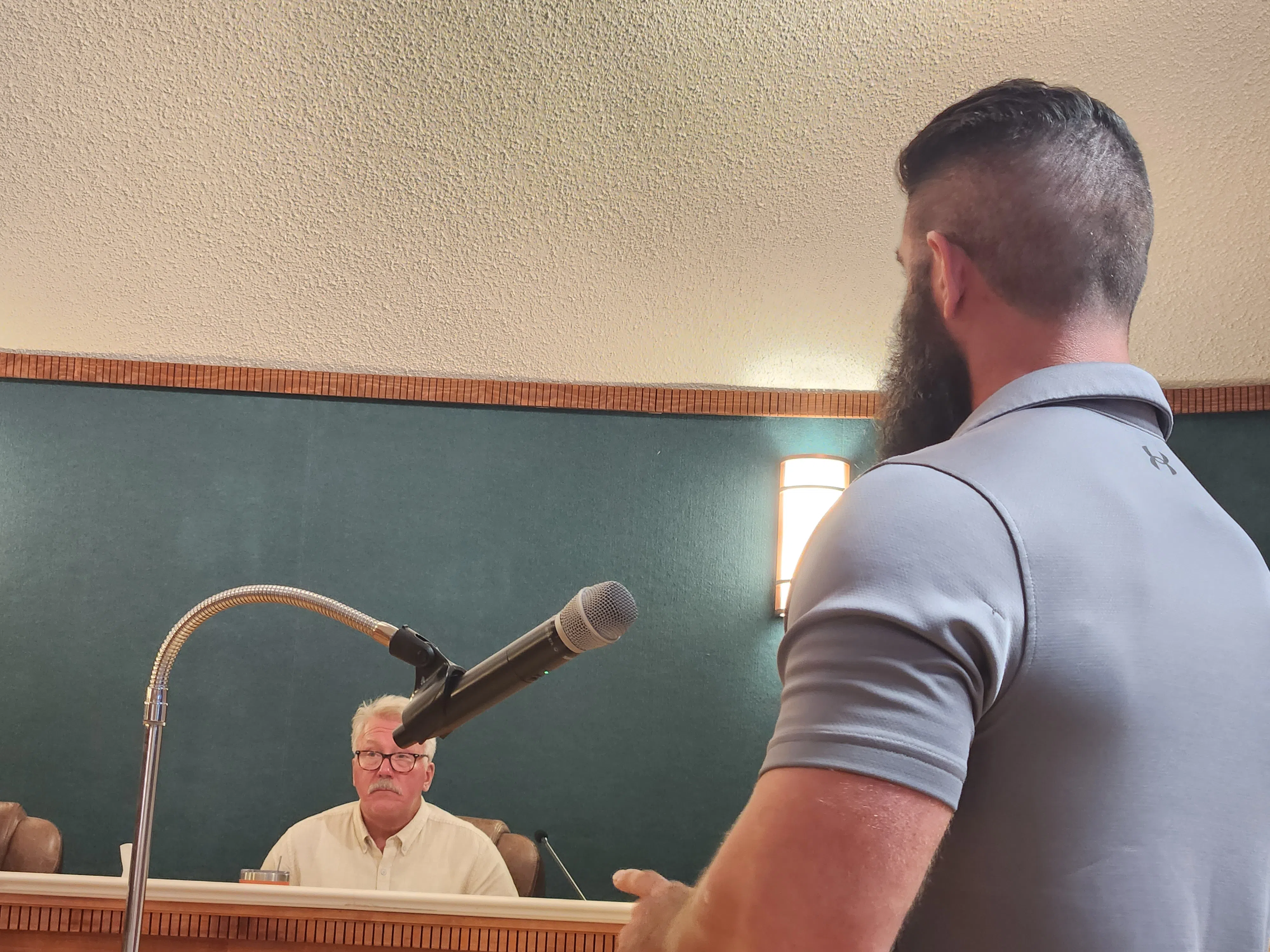The Keweenaw Peninsula’s need for housing stock continues to drive development. Last night, the Houghton City Council approved a concurrence for the Gateway project. Demolition of the Hodge building is expected to begin soon, with the project’s first phase commencing shortly thereafter. KEDA Executive Director Jeff Ratcliffe says the area continues to experience a growing economy. More jobs and businesses have started opening in the region, creating a need for new and varied housing stock.
Local retirees would like to move out of their single-family homes and into condos making their homes available for new families coming in. The market is hampered by increased construction costs and high interest rates. However, recent efforts by Michigan’s legislature have provided communities with – Jeff Ratcliffe, Executive Director, Keweenaw Economic Development Alliance
In 2023, the Michigan State Housing Development Authority expanded how Tax Increment Financing can be used as a tool to incentivize developments through properties under a Brownfield Redevelopment Authority. And opens Tax Increment Financing to housing developments. When prior projects redeveloped contaminated sites, such as former gas stations.
It addresses the number one weakness identified in the Keweenaw Economic Development Strategic Plan, which is the lack of housing of all types. It increases density, reduces suburban sprawl, takes advantage of existing infrastructure, improves our downtown availability and vibrancy. And most of all, it supports the growth and development of other parts of our local and regional economy. – Jeff Ratcliffe, Executive Director, Keweenaw Economic Development Alliance
The gateway project will add about 4.5 million dollars of taxable value to the city. The project sits outside of the DDA zone, and tax revenue will eventually go to the city’s general fund. The abatement for the TIF will end after 23 years, rather than the typical 30 years. Moyle adds that the school district will still collect its originally anticipated 1.7 million dollars in tax revenue, while the incremental increase in value will be captured by the Brownfield Redevelopment Authority.
But now it applies to housing projects. So you can recapture all your eligible costs up to what you actually generate in TIF on the project. With this project, as modeled, we are working with the assessor, and our plans are based on the square footage, size, and costs associated with it. This will come into effect when phase one and the bank are fully developed. – Andy Moyle, CEO, Moyle Construction
The gateway project hopes to encourage older residents to move out of single-family homes that have become difficult to upkeep. Potentially opening single-family homes to the housing market that have not been available in some years. Andy Moyle says he does not plan to add to the area’s student housing units, as the city has several complexes and his recent purchase and redevelopment of Finn Hall in Hancock.
Moyle’s concurrence to use the Brownfield TIF program in the gateway project development will need approval at the county and state levels. Moyle expects to address the County Commission in the coming weeks, before submitting paperwork to the state of Michigan.
Woda Cooper Companies hopes to come to the Houghton Planning Commission in the near future to present its Houghton Fields project on Razorback Drive. If successful, that project could add 43 units for low to moderate income residents. The proposal is anticipated to go before the Planning Commission within the next two months. Wuda Cooper would hope to work with the city to use a PILOT program on the development to support construction.
Our architect and civil engineer are working diligently to make sure that the site plan is ready to go. But Eric mentioned 20 cents, 30 cents on a dollar. For a low to moderate-income housing tax credit project like what we’re calling Hope and Fields, it’s the highest operating cost that we have. – Craig Pettersen, Senior Vice President of Development, Woda Cooper Companies
PILOT, or Payment In Leau of Taxes, was launched by MSHDA in 2019 as a part of the MI Neighborhood program. PILOT provides tax relief to developers who plan to create a certain percentage of affordable units within projects.
City Manager Eric Waara told councilors there are four housing projects in various stages of the development process, with the Gateway Project.









